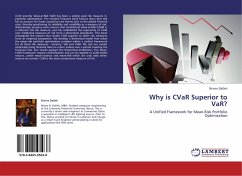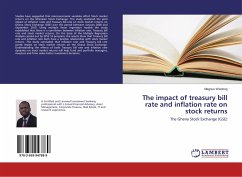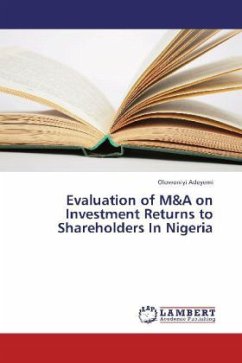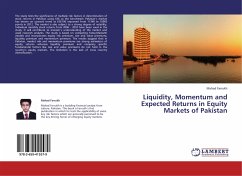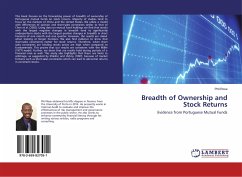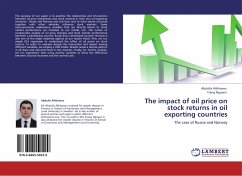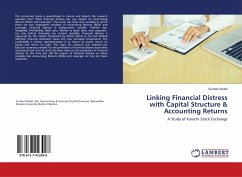
Can intangibles lead to superior returns?
Global evidence on the relationship between employee satisfaction and abnormal equity returns
Versandkostenfrei!
Versandfertig in 6-10 Tagen
36,99 €
inkl. MwSt.

PAYBACK Punkte
18 °P sammeln!
In recent decades, issues of human rights, labor and environmental change has been hot topics world wide, which also has influenced the financial market. More and more investors use socially responsible investing (SRI) screens when constructing their portfolios. One form of SRI screen is to choose companies that have satisfied employees. Existing theory says that employee satisfaction is an intangible asset to the firm that will positively affect a firm's performance in the future. Intangible assets are often unrecognized by the market and thereby not incorporated in the stock price. The effic...
In recent decades, issues of human rights, labor and environmental change has been hot topics world wide, which also has influenced the financial market. More and more investors use socially responsible investing (SRI) screens when constructing their portfolios. One form of SRI screen is to choose companies that have satisfied employees. Existing theory says that employee satisfaction is an intangible asset to the firm that will positively affect a firm's performance in the future. Intangible assets are often unrecognized by the market and thereby not incorporated in the stock price. The efficient market hypothesis has been studied and debated for several decades. Proponents of the EMH argue that all available information is incorporated in the stock price, thus it is not possible to systematically beat the market. However, EMH is controversial, since research has shown different results regarding the possibility to make abnormal return from various investing strategy.



